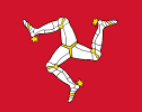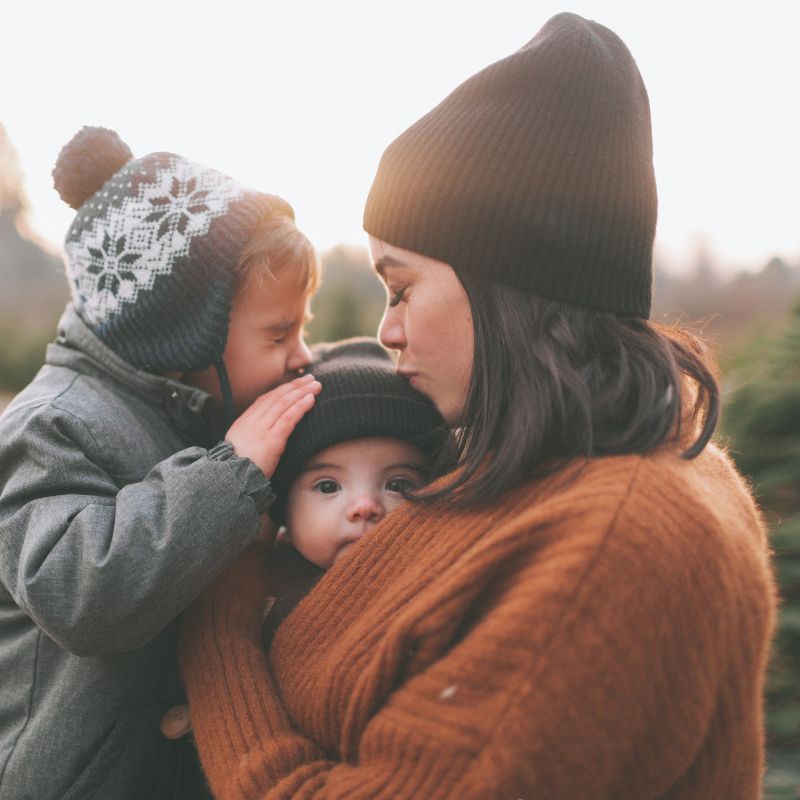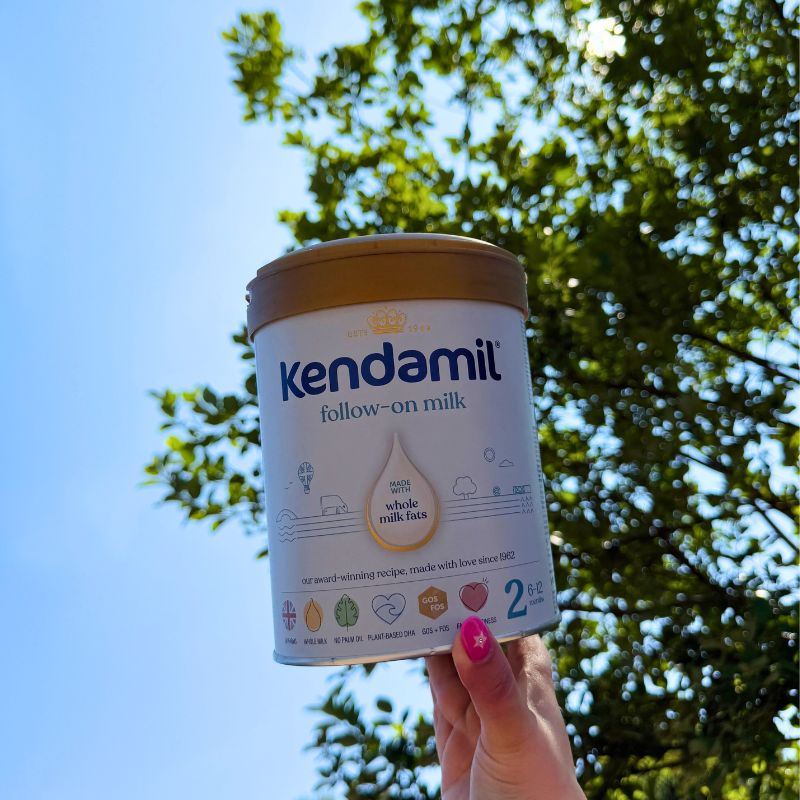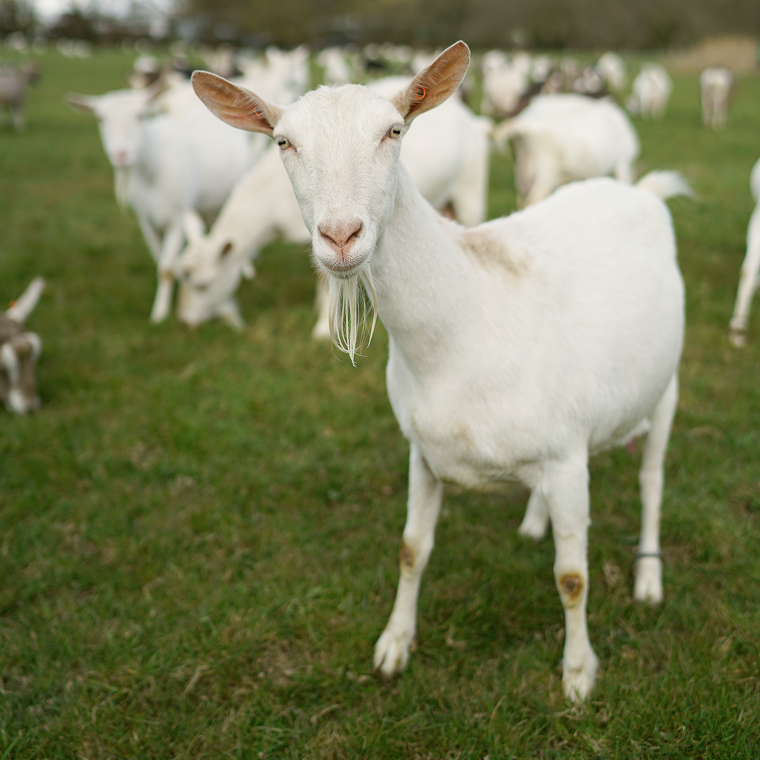As the crisp winter air settles in, so does the season of sniffles and sneezes. For expectant mothers, looking after their well-being and that of their soon-to-arrive bundle of joy becomes super important! In this blog, we'll explore some handy tips to shield mum-to-be and baby from the winter bug brigade.
Mindful Hygiene Practices:
Handwashing is a simple yet powerful defence against winter bugs! Encourage proper hand hygiene not only for yourself, but also for those around you. Anyone who is holding your baby should always wash their hands beforehand to prevent the spread of germs. A newborn baby’s immune system is not very strong, and so taking extra precautions is always a good idea.
Consider keeping a travel-sized hand sanitiser in your bag for on-the-go protection, especially in crowded public spaces. You can then use this after being in contact with surfaces that are touched frequently, like doorknobs, light switches and countertops. This can help minimise the risk of picking up viruses from commonly used areas.
During chilly seasons, open windows periodically for fresh air. Doing this creates all important air circulation, which minimises and disperses indoor pollutants, including germs.
You should also minimise contact with individuals who are unwell, especially those with contagious illnesses. This is especially important with newborns - you should ask anyone who is unwell not to visit. If you do find yourself around someone who is unwell, where possible, maintain a safe distance and encourage them to take the precautions we’ve just spoken about to help them avoid spreading germs!
Support your immune system:
Fueling your body with immune-boosting nutrients is crucial during the winter months. Try to add a variety of colourful fruits and vegetables into your diet, rich in vitamins and antioxidants, such as berries, grapes, oranges, broccoli, cabbage, kale and brussel sprouts. Warm soups, not only are really comforting, but are a great way to incorporate these nutrient-rich foods into your diet - which are essential for a robust immune system.
Be sure to discuss with a healthcare professional for any necessary supplements to fortify your immune system. Since winter often means less exposure to sunlight, consider vitamin D supplements, as Vitamin D plays a crucial role in immune function.
The UK government actually recommends that all children aged 6 months to 5 years are given supplements containing vitamin A, C and D daily.
For babies who are consuming more than 500 ml of infant formula a day they don’t need vitamin supplementation as formulas are fortified with vitamins A, C and D. And for breastfed babies they should be given a vitamin D supplement from birth.
For more information relating to the supplements you should be giving to your child as well as info on natural food sources of vitamins A, C and D check out the NHS website here.
Cold & flu symptoms in babies:
Babies can’t exactly tell us what’s bothering them, so it’s worth knowing the signs and symptoms of illnesses, so you can figure out if it’s just a sniffle or something more serious. Most common cold symptoms are caused by a viral infection like RSV (Respiratory Syncytial Virus), which is very common and spreads easily in coughs and sneezes. Almost all children have had it by the time they're 2. Some symptoms to look out for in your baby are a runny or stuffy nose, sneezing, coughing and a mild fever. You may find that they are quite irritable and have difficulty sleeping, too. These sorts of symptoms will usually pass over a period of one to two weeks, but if you have any worries you can always speak to a healthcare professional, like a GP or pharmacist.
Sometimes, these symptoms can worsen and become serious, turning into severe chest infections like bronchiolitis. A lower respiratory tract infection like this in some cases can prove severe, especially for those under the age of two – so it is best to know the signs and symptoms, and when you should seek further advice. It’s important you get urgent medical attention if your baby shows any signs of the following:
- Fever if your baby is under 3 months old
- Difficulty breathing, persistent wheezing
- Lethargy or difficulty waking
- Signs of dehydration
- Symptoms persist or worsen
Child vaccines:
Flu vaccine: Children from the age of 2 years are offered a free, yearly nasal spray flu vaccine. For babies aged between 6 months and 2 years who have a long-term health condition they will be offered a flu vaccine injection as the flu nasal spray vaccine isn’t licensed for children under 2 years.
Vaccine schedule for babies: Your baby needs their first vaccinations starting from 8 weeks, and these are also offered free of charge by the NHS in the UK – all appointments will take place at your GP and often administered by a nurse. Don’t worry nurses are used to energetic babies flapping their arms around and have many tricks up their sleeves to keep your little one calm. To see the full list of vaccines you can expect your baby to be offered check out the NHS website here.
Midwife appointments:
Regular antenatal check-ups are essential for monitoring both mum and baby's health. Winter is no exception, so ensure you keep up with your scheduled appointments. These visits provide an opportunity for your midwife to address any concerns. This also applies for any postnatal visits or appointments after your baby is born.
During winter, all pregnant women in the UK will be offered the Flu Vaccine for free along with other recommended immunisations. Be sure to ask your midwife on whether you are up to date with any immunisations, as these can help you to be adequately protected against prevalent winter illnesses.
Bundle Up:
Don’t underestimate the power of dressing in breathable layers! This not only regulates body temperature but also ensures you and baby remain snug without risking overheating. It would be worth investing in warm, insulated footwear to keep your feet dry and cosy.
Be sure to dress your baby in layers to regulate their body temperature. Start with a long sleeved vest as a base layer, followed by a long sleeved top and jumper, then finishing with an outer layer for protection against wind and rain. Be sure to carry a blanket around with you when you are out and about as an extra layer if needs be. Keep an eye out on your baby and how comfortable they are, so you can adjust layers as needed when transitioning between indoor and outdoor environments. Don't forget a hat, mittens, and booties for additional warmth!
Looking after your body when pregnant:
Hydration: Winter's chill can deceive us into thinking we need less water, but hydration is key for overall well-being! Make sure you’re drinking enough water, as this supports the immune system and helps combat common winter ailments.
Exercise: It may be tempting to cosy up and hibernate during winter, but maintaining a gentle exercise routine is going to be great for your overall health. Opt for pregnancy-friendly workouts such as antenatal yoga or swimming. Remember - always consult with your healthcare provider before starting or modifying any exercise regimen.
Manage stress: High stress levels can also compromise the immune system, so incorporating stress-relief techniques into your routine like meditation or deep breathing exercises can be beneficial! Your mental health is just as important as your physical well-being, so don’t forget to nourish it.
By giving you and baby all the help you can through supplements, vaccines and eating lots of immune-boosting foods you can weather the winter season with ease. As always, if you have any questions, be sure to contact your healthcare provider. Stay warm, stay well!

















